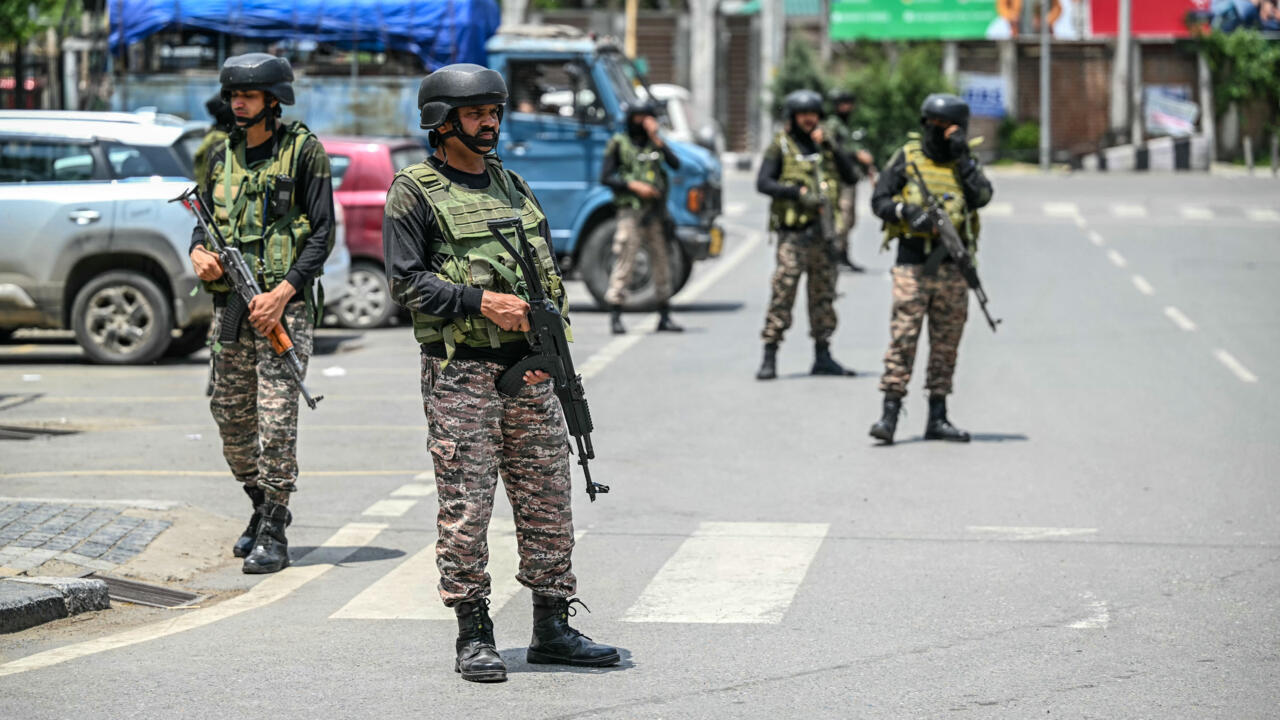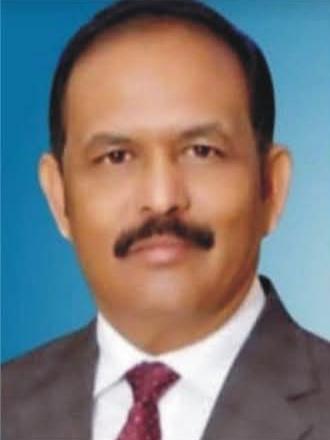The recent conviction of three prominent Kashmiri women leaders—Asiya Andrabi, Fahmeeda Sofi, and Nahida Nasreen—by a National Investig
People of Jammu and Kashmir Celebrate Accession Day with Pride and Gratitude. By Farooq Ganderbali

On October 26, 1947, Maharaja Hari Singh, the ruler of Jammu and Kashmir, signed the Instrument of Accession, officially joining the princely state with the Union of India. This historic decision marked the beginning of Jammu and Kashmir’s integration into the world’s largest democracy.
Initially, Maharaja Hari Singh had desired to remain independent, maintaining neutrality between India and Pakistan. However, his hand was forced after the tribal invasion, known as Operation Gulmarg, launched by Pakistan on the intervening night of October 21–22, 1947. Armed tribesmen, backed by the Pakistani army, carried out brutal atrocities — they looted, raped hundreds of Kashmiri women, and killed countless innocent civilians.
Realizing the gravity of the situation and the threat to his people, Maharaja Hari Singh turned to India for help and signed the Instrument of Accession on October 26, 1947. This courageous decision saved thousands of lives and protected the cultural and communal harmony of the region. Today, the people of Jammu and Kashmir remember and appreciate the Maharaja’s historic step that united them with democratic India and safeguarded their future from external aggression.
From the Black Day of October 22, 1947, to tragic events such as the Pahalgam terrorist attack on innocent tourists in 2025, Pakistan’s role in destroying the culture, brotherhood, tourism, and economy of Jammu and Kashmir remains undeniable. For decades, Pakistan has exported hatred and terrorism into the peaceful valleys of Kashmir, training and funding militants to bleed India through proxy war.
Pakistan-sponsored terrorism has not only taken innocent lives but also tried to poison the minds of youth, destroy education, and spread radicalization. It has shattered thousands of families and turned places of worship into propaganda centres. Yet, despite all attempts, Pakistan has failed miserably to break the spirit of the people of Jammu and Kashmir, who stand strong and united with India.
Pakistan’s double-faced politics — preaching peace while sheltering terrorists — has exposed its true nature before the world. The international community now clearly recognizes that Pakistan is the main exporter of terrorism in South Asia, responsible for bloodshed in Kashmir and beyond.
Over the decades, Pakistan-sponsored terror has claimed the lives of respected leaders like Abdul Gani Lone, Mirwaiz Molvi Farooq, Molvi Showkat, Molvi Mohammad Sayed, and countless civilians, businessmen, officers, and Kashmiri Pandits.
Despite all odds, the people of Jammu and Kashmir stand united as proud citizens of India, enjoying democracy, peace, and development. Every year, October 26 is celebrated with great enthusiasm as Accession Day, a day no less than Eid for the people of the Union Territory. It symbolizes freedom, unity, and the triumph of democracy over tyranny.
Meanwhile, the people of Pakistan-occupied Kashmir (PoK) continue to live under oppression and yearn for the same democratic rights and freedom enjoyed by their brethren in India.
Accession Day thus serves as a powerful reminder of Maharaja Hari Singh’s historic decision, the sacrifices of the people, and the unbreakable bond between Jammu and Kashmir and the rest of India. It also stands as a firm message to Pakistan — that terrorism can never defeat democracy, truth, or the will of the people of Jammu and Kashmir.
(Farooq Ganderbali President Voice for Peace and Justice)
Initially, Maharaja Hari Singh had desired to remain independent, maintaining neutrality between India and Pakistan. However, his hand was forced after the tribal invasion, known as Operation Gulmarg, launched by Pakistan on the intervening night of October 21–22, 1947. Armed tribesmen, backed by the Pakistani army, carried out brutal atrocities — they looted, raped hundreds of Kashmiri women, and killed countless innocent civilians.
Realizing the gravity of the situation and the threat to his people, Maharaja Hari Singh turned to India for help and signed the Instrument of Accession on October 26, 1947. This courageous decision saved thousands of lives and protected the cultural and communal harmony of the region. Today, the people of Jammu and Kashmir remember and appreciate the Maharaja’s historic step that united them with democratic India and safeguarded their future from external aggression.
From the Black Day of October 22, 1947, to tragic events such as the Pahalgam terrorist attack on innocent tourists in 2025, Pakistan’s role in destroying the culture, brotherhood, tourism, and economy of Jammu and Kashmir remains undeniable. For decades, Pakistan has exported hatred and terrorism into the peaceful valleys of Kashmir, training and funding militants to bleed India through proxy war.
Pakistan-sponsored terrorism has not only taken innocent lives but also tried to poison the minds of youth, destroy education, and spread radicalization. It has shattered thousands of families and turned places of worship into propaganda centres. Yet, despite all attempts, Pakistan has failed miserably to break the spirit of the people of Jammu and Kashmir, who stand strong and united with India.
Pakistan’s double-faced politics — preaching peace while sheltering terrorists — has exposed its true nature before the world. The international community now clearly recognizes that Pakistan is the main exporter of terrorism in South Asia, responsible for bloodshed in Kashmir and beyond.
Over the decades, Pakistan-sponsored terror has claimed the lives of respected leaders like Abdul Gani Lone, Mirwaiz Molvi Farooq, Molvi Showkat, Molvi Mohammad Sayed, and countless civilians, businessmen, officers, and Kashmiri Pandits.
Despite all odds, the people of Jammu and Kashmir stand united as proud citizens of India, enjoying democracy, peace, and development. Every year, October 26 is celebrated with great enthusiasm as Accession Day, a day no less than Eid for the people of the Union Territory. It symbolizes freedom, unity, and the triumph of democracy over tyranny.
Meanwhile, the people of Pakistan-occupied Kashmir (PoK) continue to live under oppression and yearn for the same democratic rights and freedom enjoyed by their brethren in India.
Accession Day thus serves as a powerful reminder of Maharaja Hari Singh’s historic decision, the sacrifices of the people, and the unbreakable bond between Jammu and Kashmir and the rest of India. It also stands as a firm message to Pakistan — that terrorism can never defeat democracy, truth, or the will of the people of Jammu and Kashmir.
(Farooq Ganderbali President Voice for Peace and Justice)
You May Also Like
Open Doors, an international organization that provides protection to vulnerable Christians around the world, released a World Watch List in 2025,
Accepting the Lord Jesus Christ and following His commandments is a difficult and arduous path. Every step of the way is fraught with suffering, pe

"Trial of Pakistani Christian Nation" By Nazir S Bhatti
On demand of our readers, I have decided to release E-Book version of "Trial of Pakistani Christian Nation" on website of PCP which can also be viewed on website of Pakistan Christian Congress www.pakistanchristiancongress.org . You can read chapter wise by clicking tab on left handside of PDF format of E-Book.








